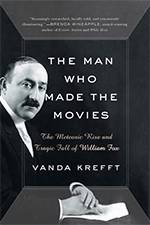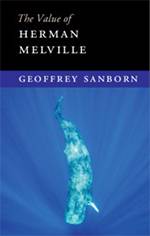OnPoint Subscriber Exclusive

Edmund S. Phelps
Says More…
This week in Say More, PS talks with Edmund S. Phelps, the 2006 Nobel laureate in economics and Director of the Center on Capitalism and Society at Columbia University.
Project Syndicate: Last September, you called then-US presidential candidate Joe Biden “a politician who understands precisely what the US economy needs.” How does the Biden administration’s proposed American Jobs Plan reflect that understanding? Is the United States finally ready to overcome what in March 2020 you and Roman Frydman called “lingering shibboleths about the state’s proper role”?
Edmund S. Phelps: I think investing in the infrastructure that the US economy has been missing for decades – such as a renewed electric grid and upgraded airports – is an inspired idea. This new set of capital projects will not only create new jobs that can replace old jobs, but also, my economics tells me, raise the demand for labor, thereby pulling up wages and labor-force participation – two areas where a helping hand is badly needed.
Yes, the proposed creation of caregiving jobs is novel. But the provision of such facilities doesn’t strike me as going beyond the proper role of the state.
Phelps recommends
We ask all our Say More contributors to tell our readers about a few books that have impressed them recently. Here are Phelps's picks:
-

The Man Who Made the Movies: The Meteoric Rise and Tragic Fall of William Fox
by Vanda Krefft
I have been enjoying this biography of William Fox, the phenomenal son of impoverished Hungarian immigrants who started his career selling candy on the streets of New York City and rose to be the founding genius of Columbia Pictures. He was one of the major innovative figures in American economic history.
-

The Value of Herman Melville
by Geoffrey Sanborn
I am just getting into this book about one of America’s most important novelists. The author, an English professor at Amherst College, shows us a writer who wants to supply us with the means of enriching our experiences. Melville encourages us to bring out more of ourselves.
-

Willful: How We Choose What We Do
by Richard Robb
I very much admire this recent work by Robb, who is a great friend of mine. The book’s thesis is that many, if not most, of our actions are simply things we feel like doing, rather than attempts to maximize some abstract metric of “utility.” It’s full of insights into the choices we make in a great range of areas. An economist will see the book as being 180 degrees from the behavioral science preached at the University of Chicago.
From the PS Archive
In this commentary, adapted from his book Mass Flourishing, Phelps explains why flourishing through innovation must be a priority for anyone who is attached to modern values. Read the article.
In this white paper, Phelps offers an overview of dynamism in the global economy today – and says what is needed to enhance it. Read the paper.
Around the web
In “Blaming Capitalism for Corporatism,” Phelps and Saifedean Ammous argue that the goal should be to restore capitalism, not upend it. Read more.
In “Will China Out-Innovate the West?”, Phelps thinks Asia's giant has discovered what Western economies have forgotten: the engine of productivity growth. Read more.